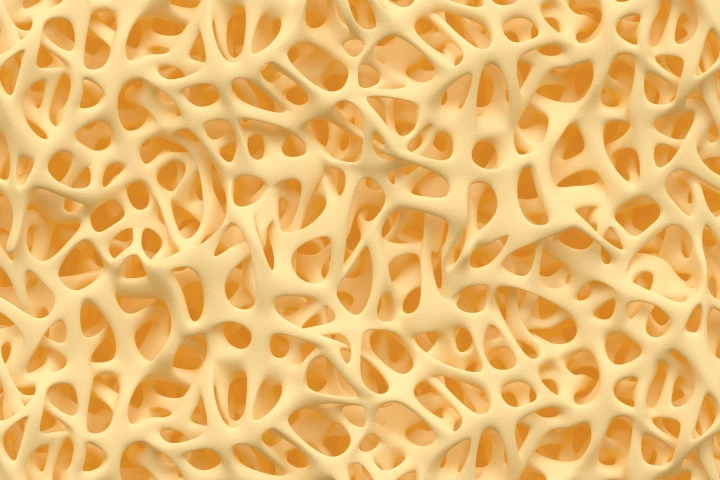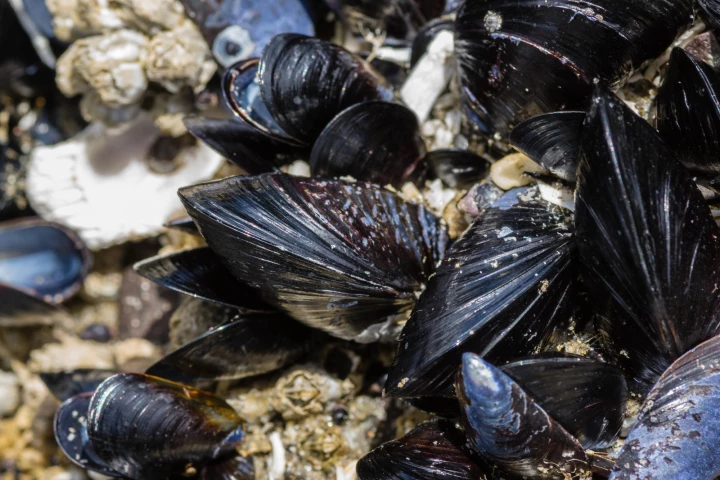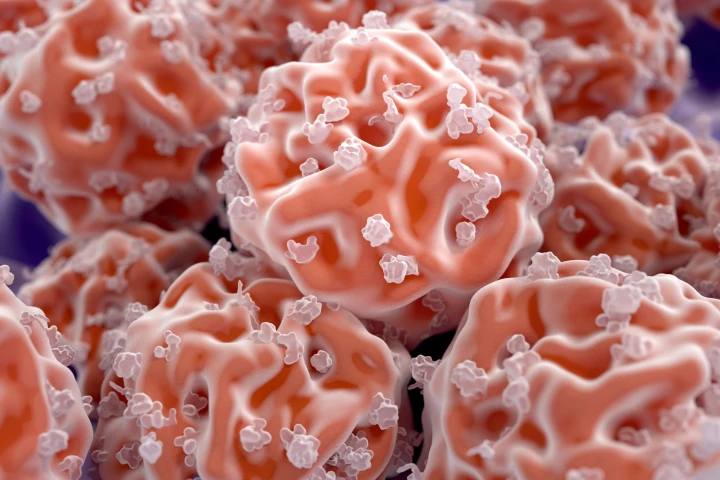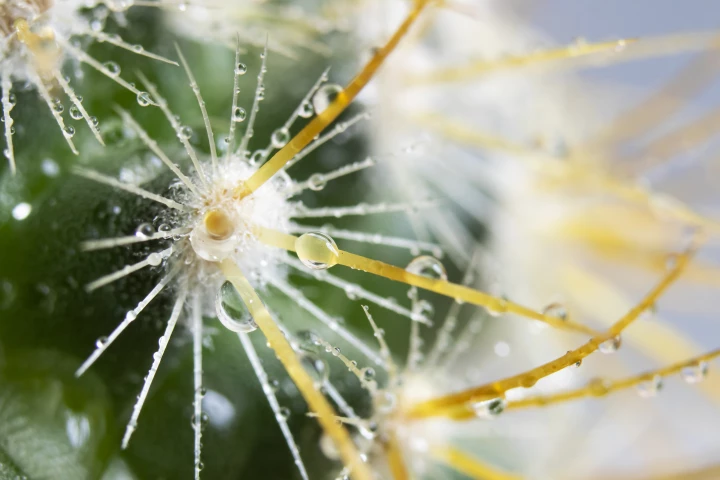Postech
-
Even the nimblest of quadcopters still struggle to halt their lateral momentum when moving fast, limiting their maneuverability. An experimental drone addresses that problem in a bio-inspired fashion, by extending flying-squirrel-like membranous wings as needed.
-
Whether they're caused by injury or other factors, missing sections of bone can be quite difficult to replace. A new injectable hydrogel could change that, however, by transforming into a bone regeneration material when exposed to visible light.
-
Cranking up the air conditioner keeps buildings cool, but it guzzles energy. Passive materials can regulate temperatures more efficiently, and now scientists have developed a new coating that keeps glass much cooler, while still being transparent.
-
A new underwater robot can swim through the water with fins, and walk or crawl along the bottom when necessary. These capabilities could really give it a leg up – pun fully intended – at outperforming its traditional thruster-powered counterparts.
-
A mussel protein could one day keep infections from occurring at the site of bone implants such as artificial hips. And while the protein does kill the microbes, it should still limit the development of antibiotic-resistant "superbacteria."
-
Mussels and silkworms may soon be indirectly responsible for saving people's lives. Scientists have used proteins from both animals to develop an internal wound dressing that stops bleeding and prevents infections.
-
Human stem cells can differentiate into any human cell. But dedifferentiation, differentiation in reverse, is implicated in several diseases. Now, researchers have uncovered a mechanism key to the process of stem cell dedifferentiation.
-
Overactive bladder syndrome can interfere with a person’s daily activities and affect their mental health. A new hydrogel-based sensor can continuously monitor overactive bladders and potentially improve the treatment of the condition.
-
If people with glaucoma don't stay on top of their condition, blindness may result. An experimental new contact lens is designed to help, by both monitoring glaucoma symptoms and automatically releasing medication as needed.
-
Mussels have long been known for the adhesive they produce, which allows them to cling to rocks. The protein responsible has now been utilized in a new skin grafting technique, which reportedly results in little to no scarring.
-
When it comes to detecting biomarker chemicals in a person's body, sweat-analyzing sensors offer a less painful alternative to blood sampling. A new wearable sensor takes a unique approach to collecting that sweat, by mimicking cactus needles.
-
Researchers at the Pohang University of Science and Technology have created a miniature solid oxide fuel cell (SOFC) capable of powering drones for longer flight times, and which could be used to power everything from smartphones to cars in the not-too-distant future.
Load More











